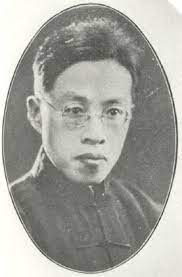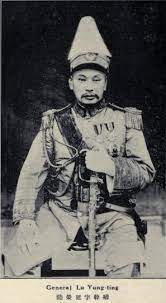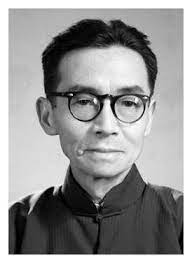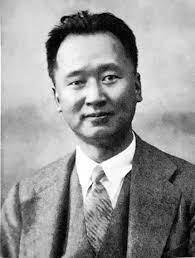Ch'ien Hsuan-t'ung (12 September 1887-17 January 1939), applied the critical methods of Hu Shih to the study of Chinese classical texts. He taught for many years at Peking University, where he contributed articles to the Hsin ch'ing-nien [new youth] and served as one of its editors. He was also a leader in the movement to […]













